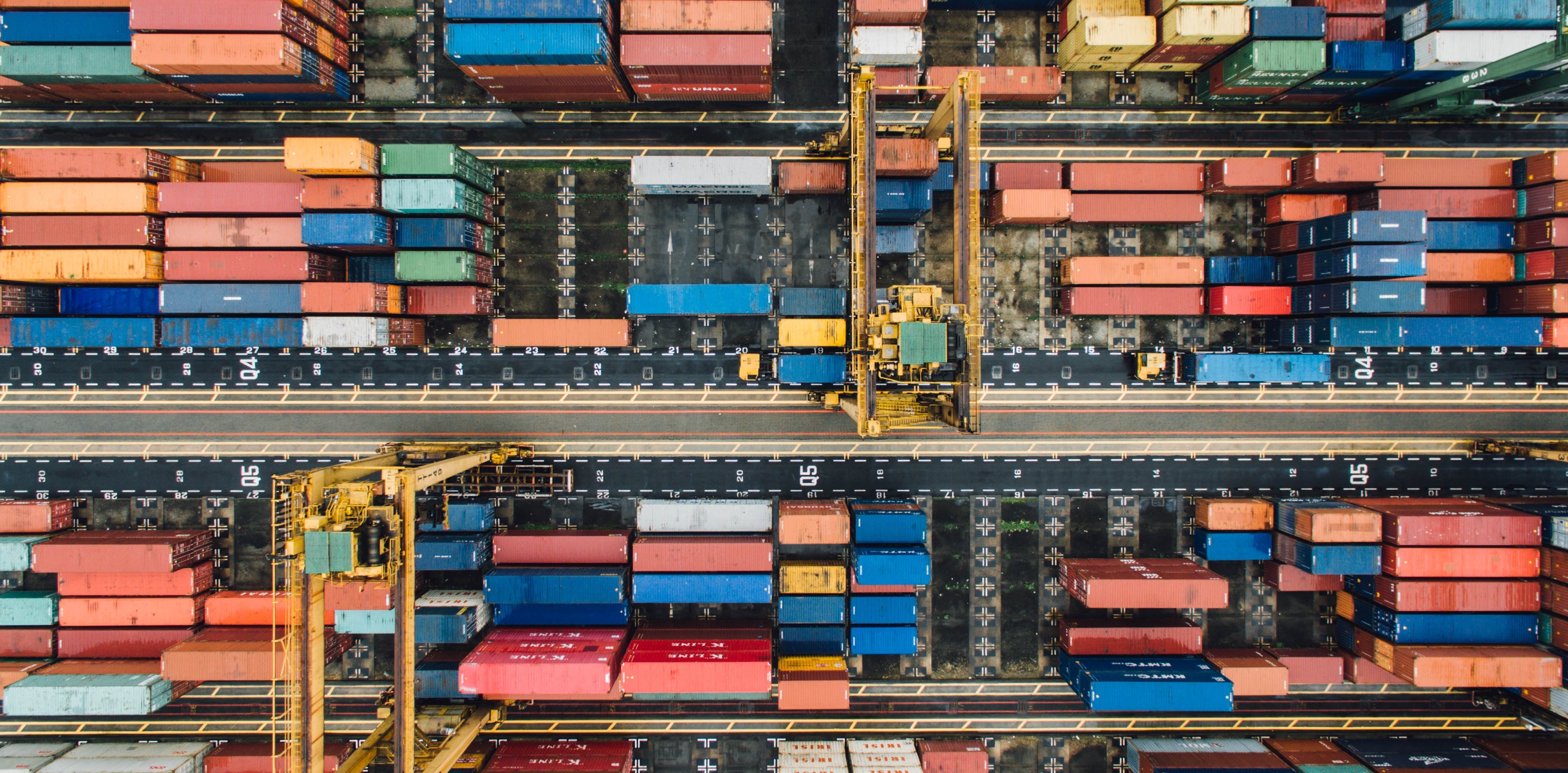Tougher defence tools against unfair imports to protect EU jobs and industry

Higher tariffs can be imposed on dumped or subsidised imports to better protect EU jobs and businesses, under a December 2017 informal agreement that was approved by the Parliament today.
The agreed measures target unfair trade practices from non-EU countries and complement the recently approved anti-dumping rules focusing on non-EU countries that interfere heavily in the economy.
What’s new?
- the EU will be able to set higher tariffs on dumped and subsidised imports (see tools in Background);
- investigations into anti-dumping cases will be significantly shorter;
- costs for EU industry resulting from international labour and environmental agreements will be reflected in the calculation of the duties;
- a help-desk for SMEs will deal with complaints and investigative proceedings; trade unions will be involved in investigations and assess the duties to be imposed;
- all products arriving into the EU will be strictly monitored from the moment when an investigation is notified until its actual start and registered to avoid stockpiling;
- continental shelves and economic exclusive zones (sea zones, mainly used for energy production) will also be covered by the regulations, to close loopholes.
